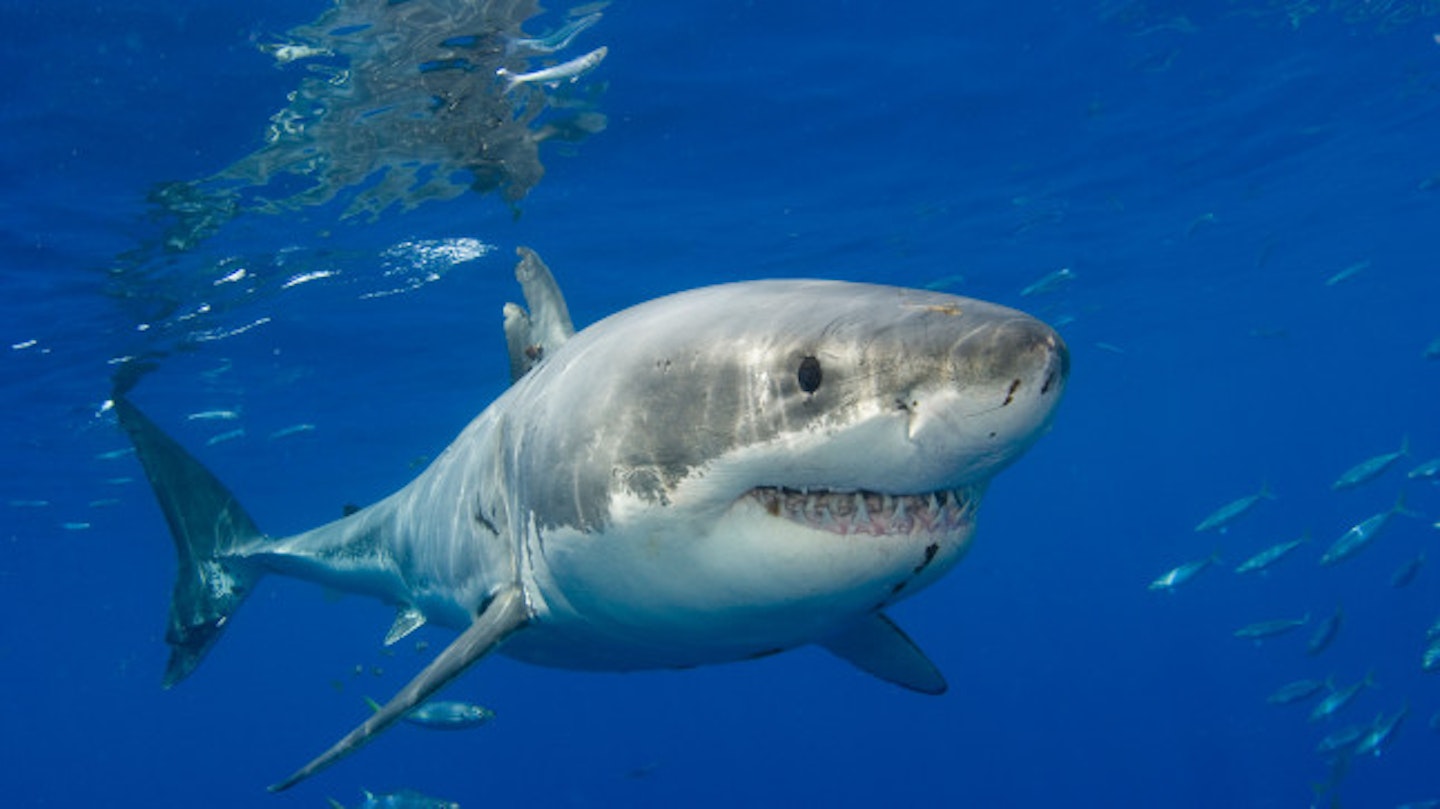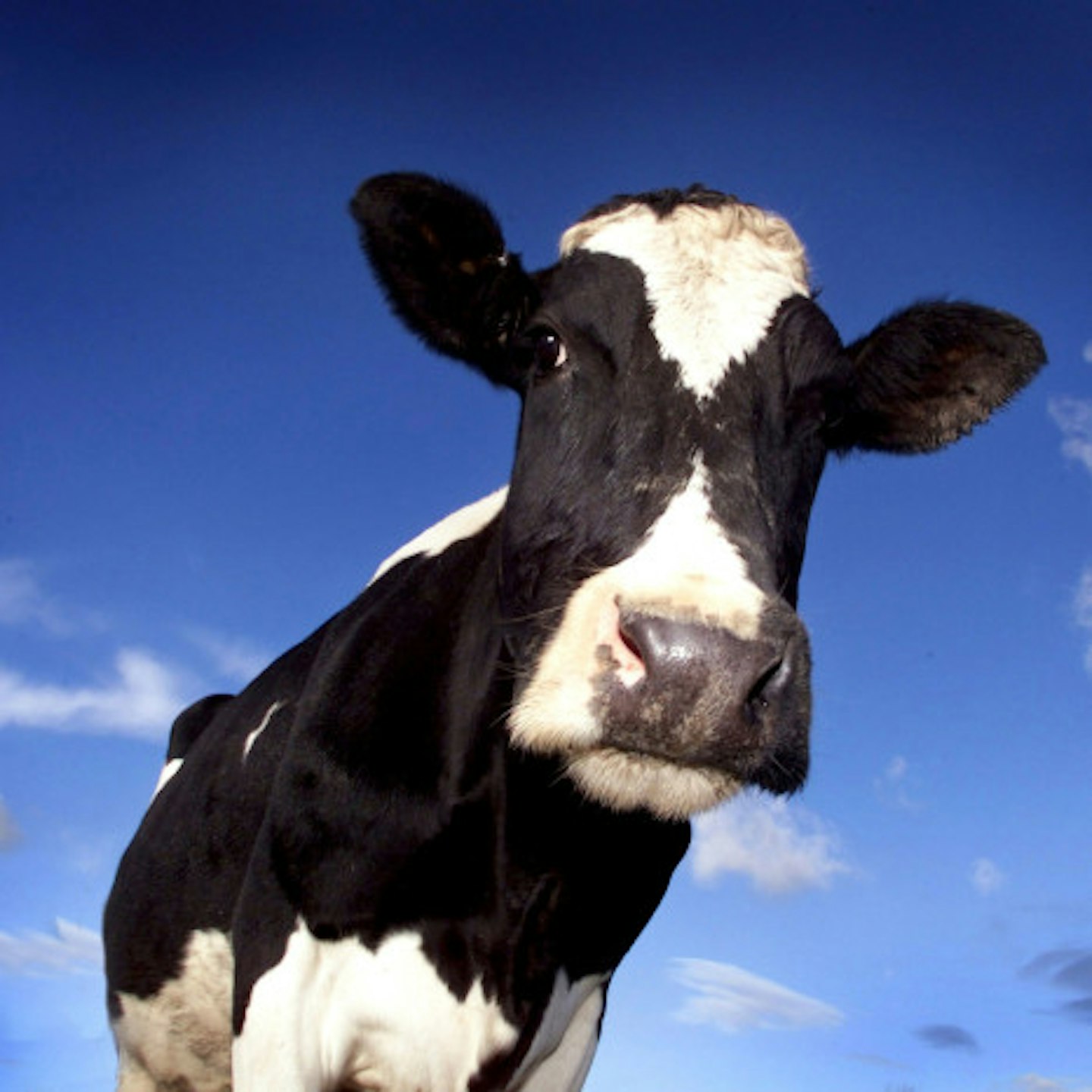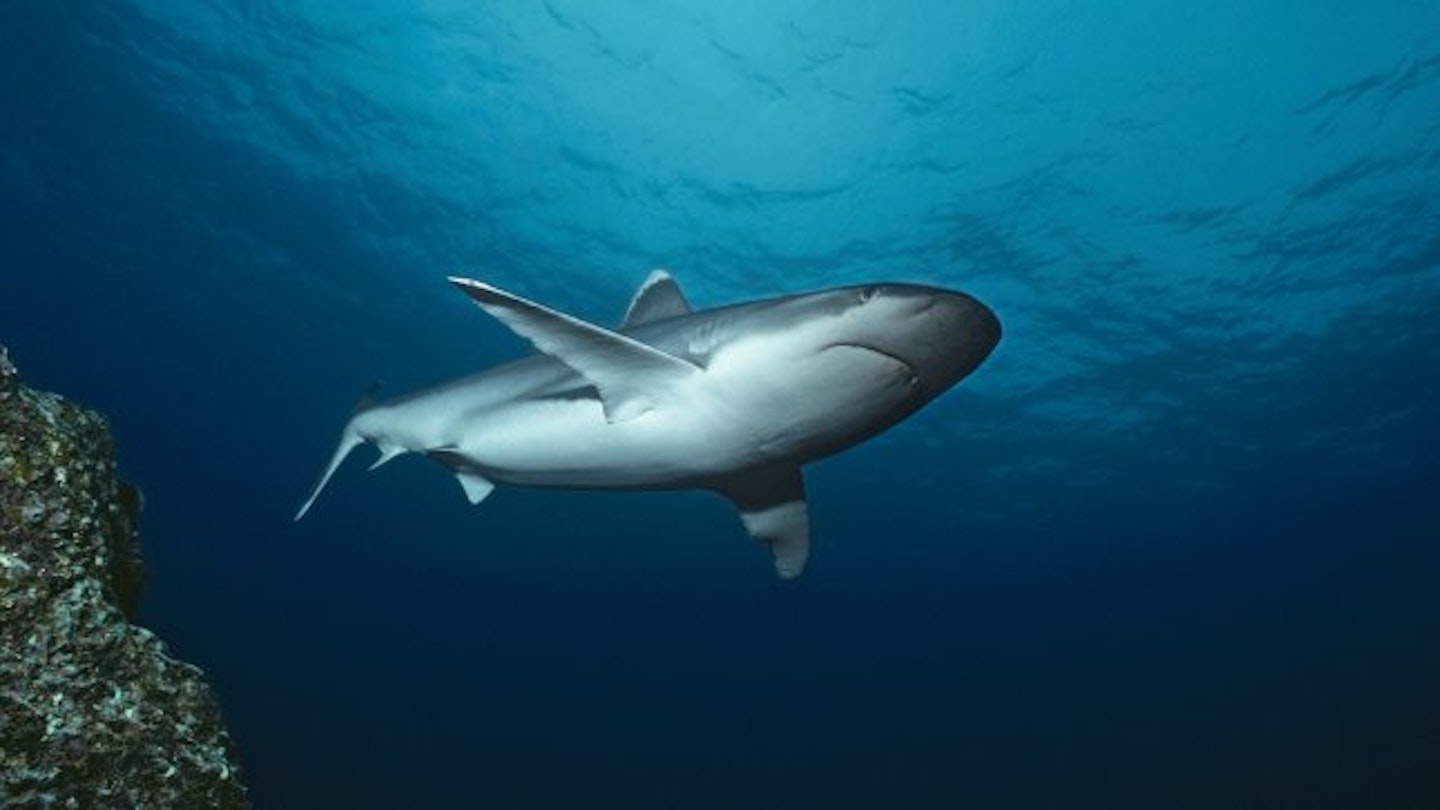Lines were set up on several Western Australian beaches between January and April, after seven people were killed in shark attacks between 2010 and 2013 in the area.
50 of the largest sharks were killed.
However no great white sharks, which most of the attacks were attributed to, were caught on the lines.

Government ministers in Australia have praised the cull, which they said would restore confidence in beach goers following the attacks.
Ken Baston, Wester Australia Fisheries Minister said: 'We will never know if any of the sharks caught would have harmed a person, this government will always place greatest value on human life.'
But the cull has proved deeply unpopular with Australians, and is bound to provoke further criticism now it has been revealed that it hasn't caught any of the sharks it was destined to find.

It is believed that the majority of sharks killed in the cull were tiger sharks, which haven't been involved in any of the recent fatalities.
MP Lynn MacLaren slammed the programme, saying that a better way to spend the joey would be to implement an acoustic tagging programme for great whites and look into getting shark spotters that has been highly successful in South Africa.
'We will never know if any of the sharks caught would have harmed a person, this government will always place greatest value on human life.'
The programme, which is the only one of it's kind in the world, began in 2004 and has recorded over 1500 shark sightings of South African beaches.
On average only TWO people die from shark attacks in Australia every year, and less than 12 in the entire world.
Things that are more likely to kill you include cows - which kill 20 people per year in America alone, and falling out of bed - which kills 450 people in the US annually.
